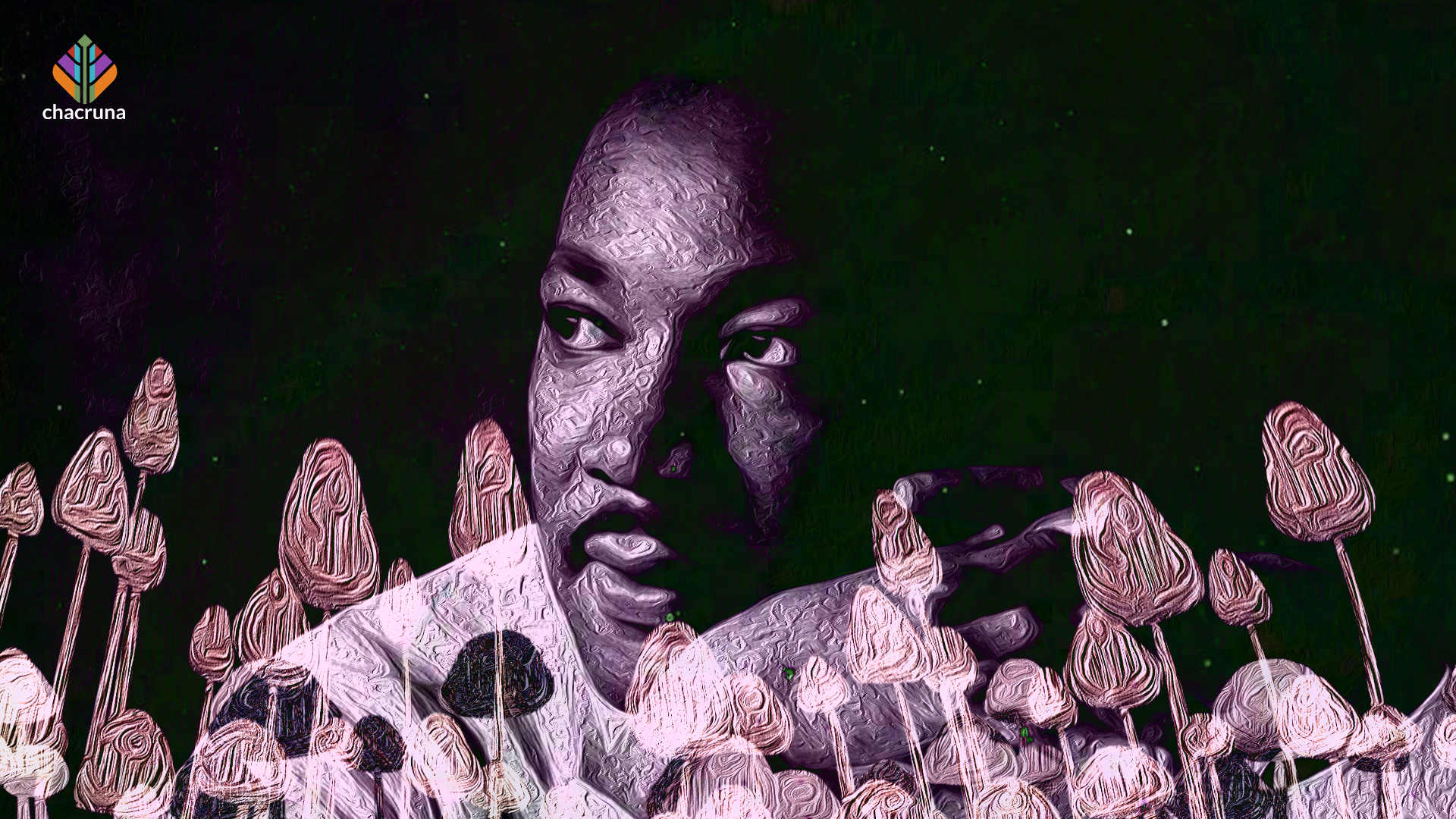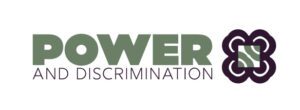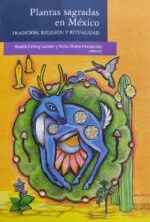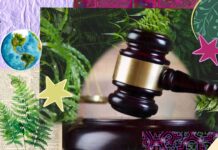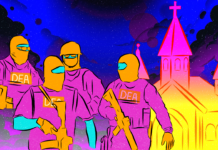- Morals Will Always Outweigh Unjust Laws - July 10, 2024
Martin Luther King Jr.’s seminal work, “Letter from Birmingham Jail” explicates the difference between just and unjust laws. In his letter, he asserted that just laws are man-made codes that must align with moral principles. The purpose of this commentary is to explore the enduring relevance of Dr. King’s insights in contemporary contexts exploring psilocybin legalization, examining recent events in our society and societal attitudes and barriers that underscore the persistent challenges in achieving justice.
Dr. Kings Concept of Laws
Dr. King defines just law and unjust law by stating that “any law that uplifts human personality is just. Any law that degrades human personality is unjust.” Which resonates as a timeless principle even 81 years later. By emphasizing the moral imperative of just laws aligning with principles of decency and equity, it starkly contrasts with unjust laws, which degrade human personality, and eventually stand as enduring symbols of systemic oppression and moral failure.
Dr. King brilliantly pens:
“Now, what is the difference between the two? How does one determine whether a law is just or unjust? A just law is a man-made code that squares with the moral law or the law of God. An unjust law is a code that is out of harmony with the moral law. To put it in the terms of St. Thomas Aquinas: An unjust law is a human law that is not rooted in eternal law and natural law. Any law that uplifts human personality is just. Any law that degrades human personality is unjust. All segregation statutes are unjust because segregation distorts the soul and damages the personality. It gives the segregator a false sense of superiority and the segregated a false sense of inferiority. Segregation, to use the terminology of the Jewish philosopher Martin Buber, substitutes an “I-it” relationship for an “I-thou” relationship and ends up relegating persons to the status of things. Hence segregation is not only politically, economically, and sociologically unsound, it is morally wrong and awful. Paul Tillich said that sin is separation. Is not segregation an existential expression ‘of man’s tragic separation, his awful estrangement, his terrible sinfulness? Thus it is that I can urge men to obey the 1954 decision of the Supreme Court, for it is morally right; and I can urge them to disobey segregation ordinances, for they are morally wrong.”
The Role of the White Moderate
Dr. King continues his letter by critiquing the white moderate, also known as individuals who prioritize order over justice, which remains present in today’s society. Joe Biden recently demonstrated this white moderate tendency during an unscheduled, televised statement issued from the White House on May 2nd in response to student protests on college campuses. The president stated, “You know, make no mistake: As President, I will always defend free speech. And I will always be just as strong in standing up for the rule of law.” By the president framing his defense of the rule of law, it tactfully excuses the apartheid and genocide of Palestinians and condones systemic injustices. By being “just as” devoted to order than to justice, it allows for oppression and systemic injustice to not only prevail, but to flourish.
Dr. King writes about the white moderate extensively in his essay, stating, “I had hoped that the white moderate would understand that law and order exist for the purpose of establishing justice and that when they fan in this purpose they become the dangerously structured dams that block the flow of social progress.”
Unjust Laws in Effect with Psilocybin
Though Dr. King’s letter was written decades ago, we continue to demonstrate an inability to learn from the lessons of those who lived among us. Psilocybin, the psychoactive compound found in certain species of mushrooms (Teonanácatl), has been cultivated and utilized by Indigenous communities for centuries as a tool for spiritual exploration, healing (mental and emotional), and connection with the natural world (Mother Earth and her children). For these communities, psilocybin is not a recreational drug, instant spirituality when convenient, or even a “medicine,” but a sacred sacrament and a way of life.
However, despite this rich cultural heritage, the criminalization of psilocybin highlights the disconnect between legality and upholding human personality. By categorizing psilocybin as a Schedule 1 drug under the Controlled Substances Act, authorities are permitted to degrade aspects of one’s cultural identity and perpetuate harm against diverse (e.g., spiritually, social, racially, and ethnically) communities. In doing so, lawmakers have created an unjust law by denying individuals the right to engage with their cultural heritage, allowing for cultural erasure to continue.
The criminalization of psilocybin disproportionately impacts communities of color, further exacerbating existing social inequalities.
Moreover, the criminalization of psilocybin disproportionately impacts communities of color, further exacerbating existing social inequalities. Black, Brown, and Indigenous individuals are disproportionately targeted by law enforcement for drug-related offenses, despite similar rates of usage across racial demographics. This discriminatory enforcement perpetuates cycles of incarceration, poverty, and disenfranchisement within these communities, compounding the systemic injustices they already face.
Furthermore, the criminalization of psilocybin allows for the narrative of cultural superiority to run rampant. This is evidenced by using white-made and white-servicing beliefs protected from the white moderate to undermine the diversity of human expression and diversity.
In conclusion, it is time to unlearn history’s mistakes and stand against unjust laws.
Art by Mariom Luna.

Shop our Collection of Psychedelic T-Shirts.
References
Clarke, Zoe. (2007). Psilocybin. https://doi.org/10.1016/B978-008055232-3.62489-4
Daniels, C., Aluso, A., Burke-Shyne, N., Koram, K., Rajagopalan, S., Robinson, I., Shelly, S., Shirley-Beavan, S., & Tandon, T. (2021). Decolonizing drug policy. Harm reduction journal, 18(1), 120. https://doi.org/10.1186/s12954-021-00564-7
Drug Enforcement Administration. (2017). Controlled Substances Acthttps://www.dea.gov/druginfo/csa.shtml
Hetey, R. C., & Eberhardt, J. L. (2018). The Numbers Don’t Speak for Themselves: Racial Disparities and the Persistence of Inequality in the Criminal Justice System. Current Directions in Psychological Science, 27(3), 183-187. https://doi.org/10.1177/0963721418763931
King, M. L., Jr. (1963). Letter from Birmingham Jail. The Atlantic Monthly; August 1963; The Negro is Your Brother; Volume 212, No. 2; pages 78-88. https://www.csuchico.edu/iege/_assets/documents/susi-letter-from-birmingham-jail.pdf
U.S. Food and Drug Administration. (2017). Assessment of Abuse Potential of Drugs: Guidance for Industry In: U.S. Department of Health and Human Services, (Ed).https://www.fda.gov/downloads/drugs/guidances/ucm198650.pdf
White House. (2024). Remarks by President Biden on Recent Events on College Campuses. https://www.whitehouse.gov/briefing-room/speeches-remarks/2024/05/02/remarks-by-president-biden-on-recent-events-on-college-campuses/
Take a minute to browse our stock:
Did you enjoy reading this article?
Please support Chacruna's work by donating to us. We are an independent organization and we offer free education and advocacy for psychedelic plant medicines. We are a team of dedicated volunteers!
Can you help Chacruna advance cultural understanding around these substances?


